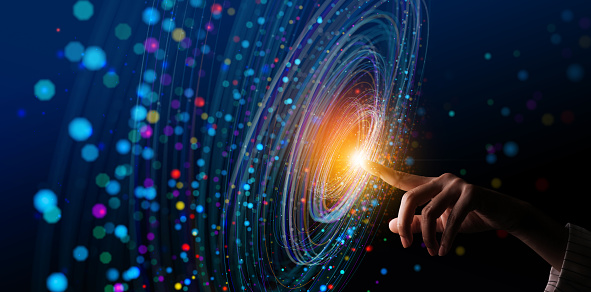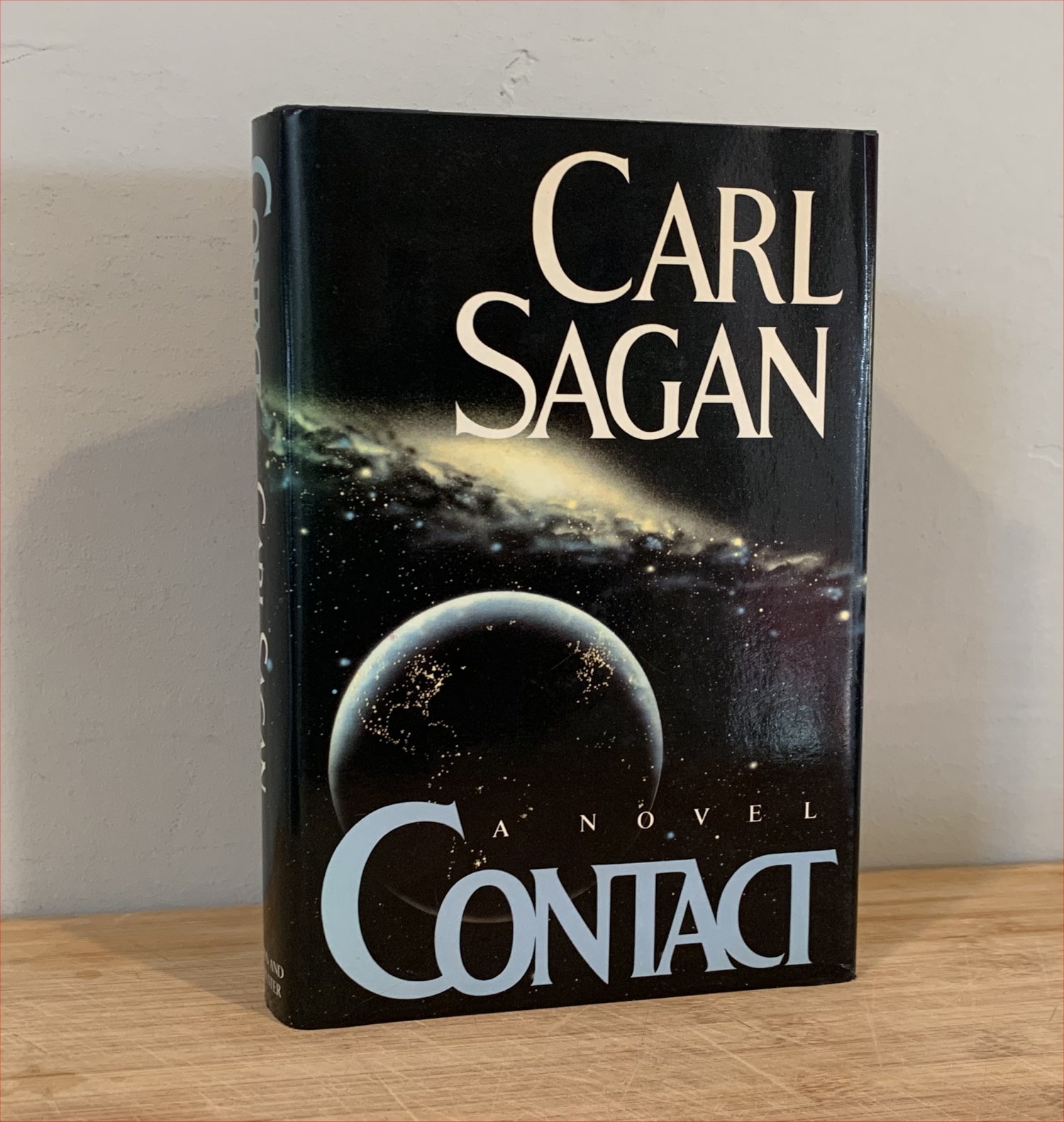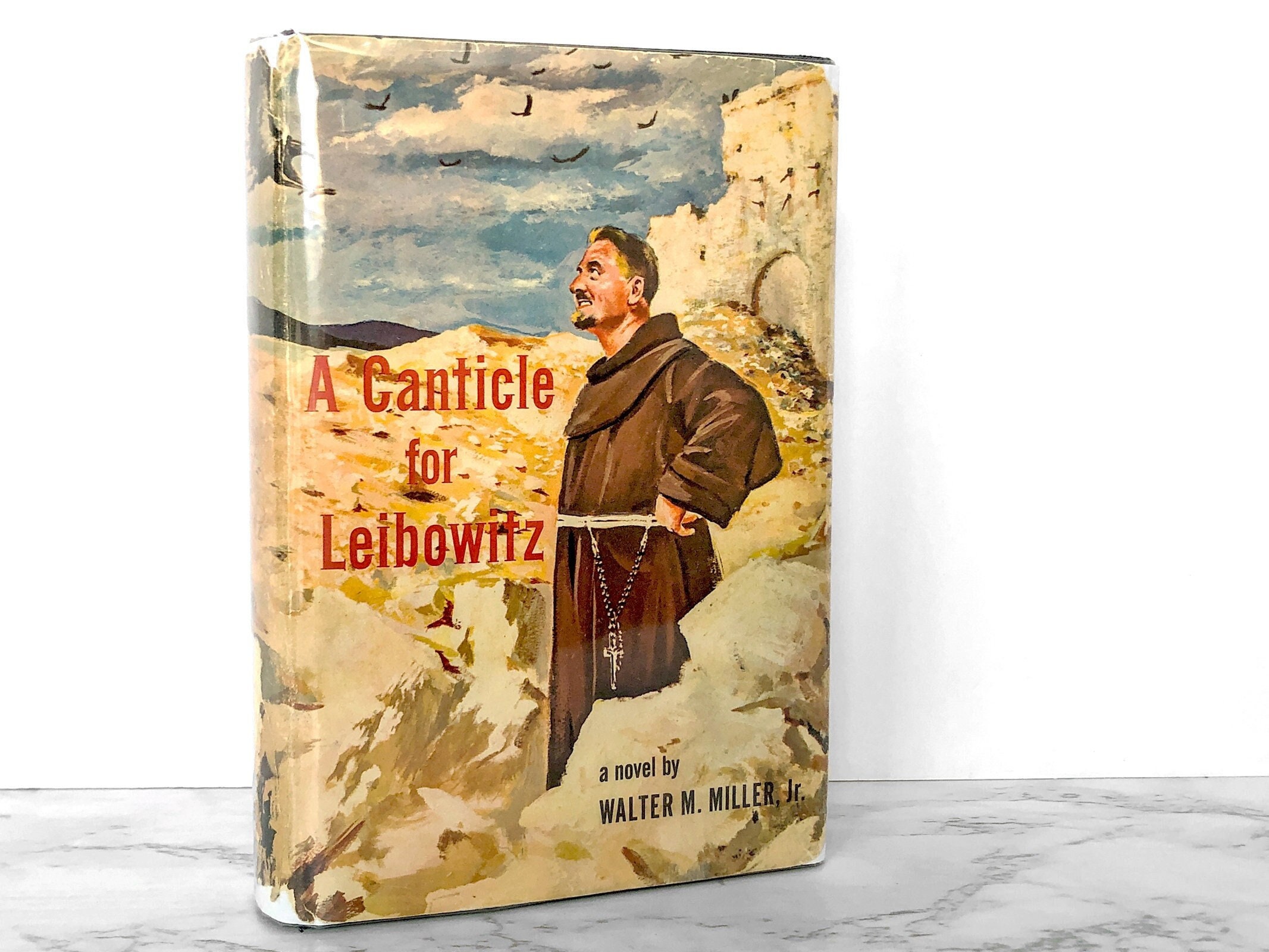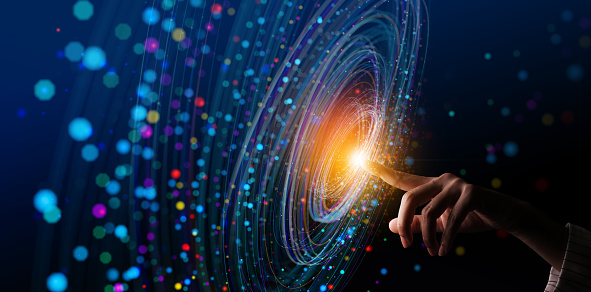Best Science Fiction Books Ever Written: Must Reads
Mankind has long dreamed while gazing up at the stars, but it wasn’t until recent generations that humans began putting those dreams into stories. And what amazing dreams they are, of otherworldly beings, creatures from another dimension, parallel universes, AI, and so much more. These days, we refer to those as science fiction books.
Snow Crash, by Neal Stephenson: science fiction

IMAGE CREDITS: istockphoto,com
In this cyberpunk acid trip of a novel, Stephenson invented the phrase long before Facebook’s Metaverse. The protagonist of Snow Crash, Hiro, has a dual identity: in the real world, he delivers pizzas for the Mafia, while in the metaverse, he is a hacker and a warrior prince. When he learns of a deadly virus that is eliminating hackers one by one, his haste to track down the virus’ villainous creator sends him soaring across everything from modern technological conspiracies to prehistoric Sumerian legend. You’ll want to secure your seat for this dazzling techno-thriller, which is sexy, action-packed, and downright prescient in its portrayal of our virtual future.
Contact, by Carl Sagan: science fiction

IMAGE CREDITS: BlackGateMagazine.com
The brilliant Carl Sagan only produced one novel, Contact, which became a Jodie Foster movie in 1985. Sagan produced dozens of nonfiction works. Dr. Ellie Arroway, a moral astronomer who discovers and decodes a deep-space message from a planetary system far, far away, sheds light on Sagan’s concerns about intelligent life. The globe races to construct a mystery machine at the direction of the message, but religious leaders cast doubt on the project (and the logic of science). Sagan explores the frequently hostile relationship between science and religion through this insightful, multilayered tale and wonders if perhaps both are looking for contact in different ways. The universe is a pretty huge place, after all, and adherents from each camp may agree on that.
A Canticle for Leibowitz, by Walter M. Miller Jr.

IMAGE CREDITS: Etsy.com
After World War III, society is in ruins, and Earth has entered a new Dark Age. The majority of the United States is a radioactive wasteland. The monks of St. Leibowitz protect the history of the past by smuggling essential books into their monastery while ferocious bands of survivors burn books and kill people who can read. Many aspects of modern life change as the novel moves through the ages and a new Renaissance gives way to a second space age, but inside the monastery, many things stay the same. Miller’s epic science fiction classic, as seen through the cyclical rise and fall of civilization, captures the propensity for self-destruction in humans.
Solaris, by Stanislaw Lem: science fiction
Stanislaw Lem, who mocked little green guys and instead placed the alien in alien, is the only author who writes about sentient life quite like him. Scientist Kris Kelvin visits the planet Solaris in this complex and intellectual book to investigate the enigmatic ocean that surrounds its surface. As they explore this vast ocean, Kelvin and his team soon learn that it is sentient and that it is distant, unfathomable, and mysterious, reflecting their most traumatic experiences back to them. What if aliens aren’t interested in getting to know us and we’re not even capable of imagining how to communicate with them? Lem never got weary of asking these questions, but Solaris tops our list because it perfectly captures his unique worldview.
Neuromancer, by William Gibson

IMAGE CREDITS: TheNerdDaily.com
The backdrop of William Gibson’s Neuromancer is described as “Cyberspace: a consensual hallucination experienced everyday by billions of authorized operators, in every nation”—sounds quite familiar, doesn’t it? Neuromancer, the recipient of the Hugo, Nebula, and Philip K. Dick Awards, is frequently referred to as the classic book in the cyberpunk genre (it went on to heavily influence the creators of The X-Files and The Matrix). Case is our hero, a former cyber cowboy who was exiled from cyberspace by his previous employers. The book changes into a vibrant spy thriller when a criminal organization comes calling, offering to restore Case’s uplink in exchange for his hacking services. You won’t soon forget the rollercoaster that is Neuromancer, which is trippy, bizarre, and slick as heck.
The Book of Phoenix, by Nnedi Okorafor: science fiction
This intriguing prologue to Okorafor’s World Fantasy Award-winning Who Fears Death combines science fiction and magical realism. Phoenix, a “accelerated woman” grown in New York’s Tower 7 is introduced here. Despite being just two years old, she possesses superhuman talents as well as the body and brains of an adult in their middle years. Phoenix experiences a jarring awakening when her lover ends his life in questionable circumstances, demonstrating that Tower 7 is more like a prison than a place of residence. She makes a daring escape and ends up in Ghana, where she discovers the harsh realities of colonialism and makes a commitment to rebel against her captors. Phoenix’s quest for justice is just thrilling, bursting with love and rage.
A Clockwork Orange, by Anthony Burgess

IMAGE CREDITS: Pinterest.com
A Clockwork Orange has been a staple of high school curricula for so many years. Since, its debut in 1962 that it’s simple to overlook how excellent it truly is. In Burgess’ transgressive dystopia, Alex, a young gangster, inspires his fellow Droogs to commit horrific acts of “ultra-violence”. Before being caught by the oppressive police. During his severe reconditioning in prison. Alex becomes a different, weaker person. A Clockwork Orange is a postmodern achievement, told in high-flying, pyrotechnic patois that has since filtered into the cultural vocabulary.
The Hitchhiker’s Guide to the Galaxy, by Douglas Adams
The Hitchhiker’s Guide to the Galaxy isn’t your typical science fiction book. Which is why so few science fiction books can claim to have generated their own holiday (the holiday is Towel Day, if you must know). Adams’s defining pieces have had a significant impact on mainstream culture. And for good cause. The protagonist of this absurdist comedy is hapless commoner Arthur Dent. Who wanders the universe after Earth is obliterated to make room for the galactic highway. Dent’s travels show how “utterly small” our “little blue green world” really is as he romps through space with alien travel author Ford Prefect and a crew of android oddballs. Adams reminds us that the only thing we can do in the face of absurdity is to laugh.
USEFUL LINKS:
Check out some best sci-fi books:
50 best science fiction books of all time
See GOAT sci-fi books:
Top sci-fi books of 2022
Learn about the gifts to give to a space lover:
Best space gifts for space lovers
Apart from sci-fi, see best science books:
Best science books you must read
Learn tips on company branding:
Colors to include with the company’s branding




